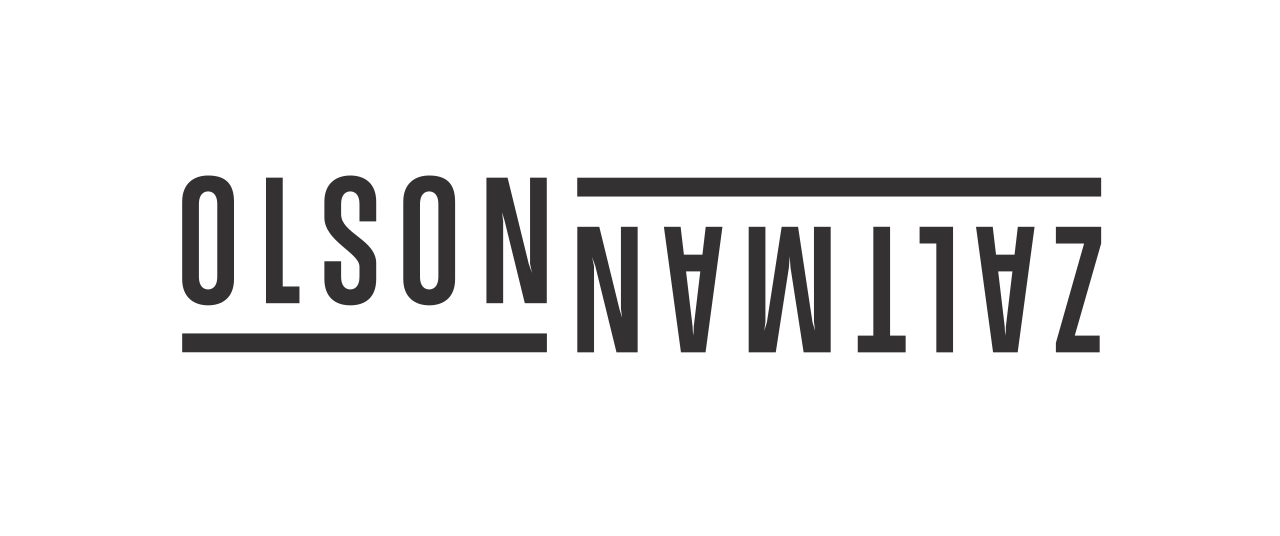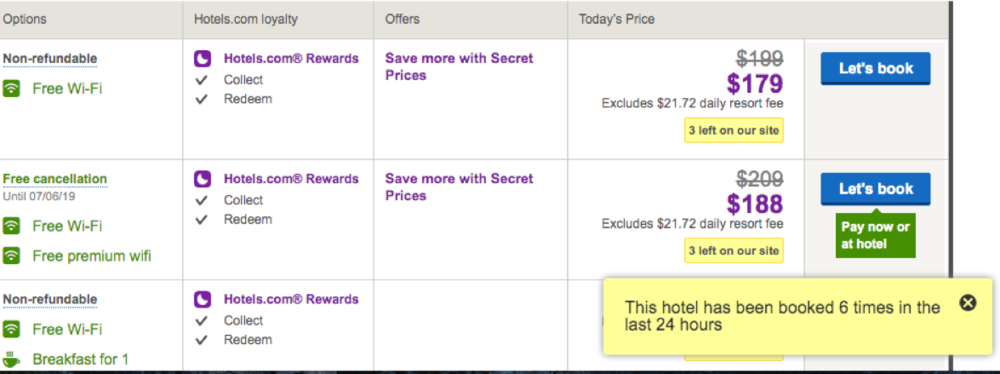486 people just like you are currently reading this blog post
When you’re making a hotel reservation and you see in red, “Only two rooms left at this price,” do you believe it?
This article by Simon Shaw of Trinity McQueen, an insight consultancy in the UK, suggests that so-called nudges like this that are rooted in behavioral science are subject to something akin to antibiotic resistance. Use them judiciously and they can be effective. Overuse them, or use them in a ham-fisted manner, and the effect not only wears off, but can backfire on the brand.
In his company’s research, 34 percent of participants expressed negative emotional reactions (like contempt or disgust) to hotel messages like the one above. This is what is known as psychological reactance – the negative blowback that occurs when people feel they are being manipulated.
Still open for debate is how pronounced this blowback is. In other words, if people start having negative reactions to nudges like that when booking hotels, would that negativity spread to similar nudges in the healthcare space or when people think about making charitable donations?
A lesson here is that we are most susceptible to influence when we are unaware if or how we are being influenced – that applies not only to nudges, but also to the use of metaphor in communication, which also can be clever and subtle, or clumsy and obvious.
Another lesson is that marketers who want to nudge consumers must constantly learn and experiment because the nudge that worked five years ago may not be nearly as effective today.

